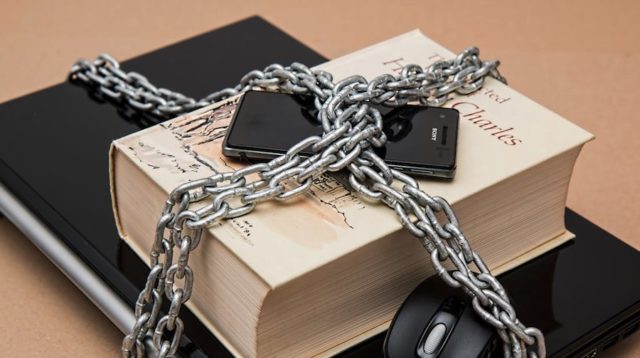
You probably don’t think twice about buying a new home security system or messaging your friends about your vacation plans. Unfortunately, the technology being used by millions of people every day is not as secure as believed.
Popular security systems aren’t necessarily secure
What would you do if your home security system turned out to be a haven for hackers? The device you use to keep wandering burglars out might have a flaw that lets hackers in the back door – literally.
Wi-Fi-connected home security systems are an open invitation for hackers to use a variety of tricks to exploit their vulnerabilities.
Bullguard’s security research specialist, Ilia Shnaidman, spotted several flaws in a popular Wi-Fi connected home security system called iSmartAlarm. This security system is fully integrated with a siren, cameras, and smart locks that can be controlled with a smartphone app. It sounds secure, but it’s not.
A hacker can bypass authentication and SSL certificate validation, and forge server side requests to access to the company’s entire database of customers. They can also use DDoS attacks to disable the alarm.
The company was notified, but they are yet to release a firmware update to patch vulnerabilities.
Unfortunately, there’s no way to know how vulnerable a digital security system is until someone hacks it. The same goes for any digital device, including smartphones.
Also Read: 10 Best Password Managers For Linux Operating Systems
Your smartphone is easy to hijack
If you think that a password or biometric lock on your smartphone makes your data secure, think again. That might protect your data if your phone gets stolen, but hackers can get your data without touching your phone.
Although all messages are received on the same device, social media messages are sent over the internet, while text messages are relayed as data packets through a cell phone tower’s control channel.
Text message data isn’t easy for the average person to intercept. However, social media messages are, and they’re often unencrypted, which is bad news for sensitive data.
If you’re using an unsecured public Wi-Fi network to send and receive social media messages, all the information you share can be hacked. Your smartphone is like a miniature computer and hackers can run programs to log your keystrokes, capture login information, and anything you send in a message to your friends. This includes what time you leave for work every day, and your vacation plans.
Sharing with your friends may seem harmless, but if someone with malicious intent intercepts messages detailing your daily schedule, you could come home to a ransacked house (or worse).
iOS and Android have flaws
A former bug in Apple’s iOS allowed anyone to shut down an iPhone by sending a short, specific text message consisting of Unicode characters. The receiver didn’t even need to open the text; their phone just needed to receive it. The iPhone rebooted itself after about fifteen seconds, but users reported other problems.
The cause? The way iPhones display incoming messages. The specific set of Unicode characters that triggered the phone to shut down couldn’t be displayed by the iPhone’s notification pop-up. To avoid a total crash, the device turned itself off.
A similar bug affected Android devices a couple years ago, allowing malware to wreak havoc by sending a photo or a text message. The user didn’t need to open the message or view the photo for the malware to take over. The hacker could gain total control over the phone to access apps and even turn on the camera.
The scariest part? If a hacker gains control over the app that controls your smart home security system, you’re in big trouble.
Be cautious of what you share on digital devices
As the complexity of technology grows, so does the opportunity for hackers to exploit its weaknesses. No matter how many security measures you take (like passwords, biometric locks, and data encryption), you can never be 100% safe in the digital world.
The best security measure you can take as an individual is to be selective with what you share across digital platforms. Remember that everything you post in social media is stored on some hard drive that you don’t control.
It may not be convenient, but sticking to a traditional home security system is ultimately the safest option. Perhaps, in the future, there will be a security technology that can ward off the majority of hackers. Until then, keep yourself safe by being selective with sharing information on digital platforms.
Did you find this story on the perils of modern technology helpful? Don’t forget to share your views and feedback.
[“Source-fossbytes”]






